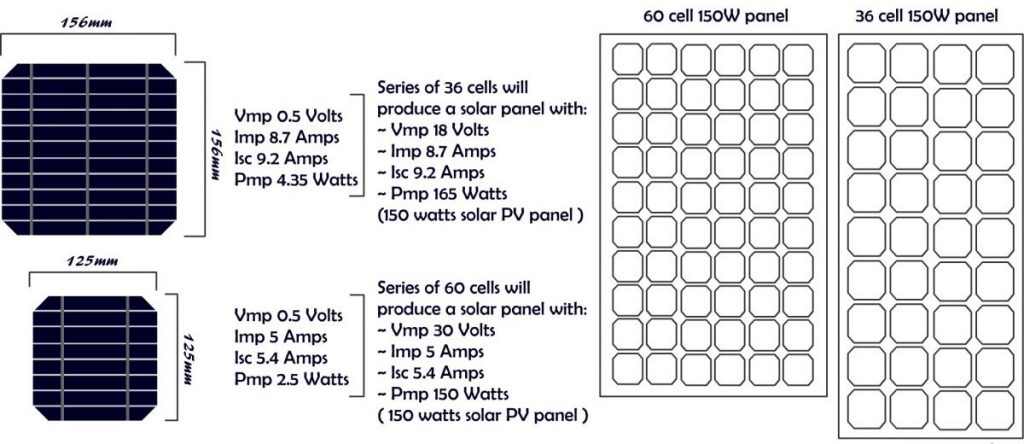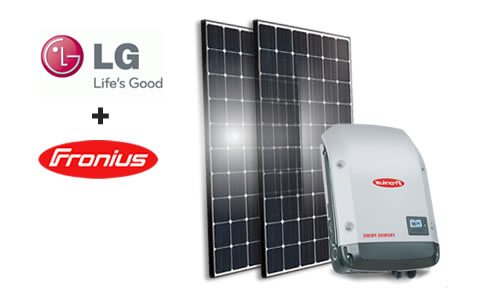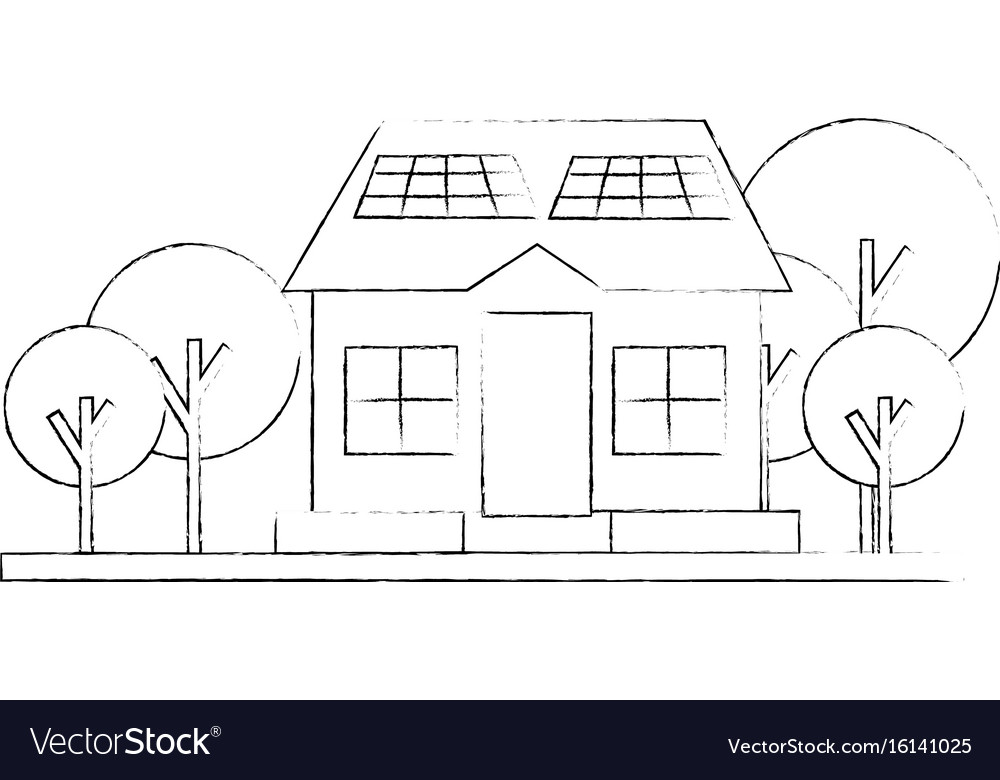
Solar panels can be used to power your home and business, which will help you save money on your energy bills. This helps reduce your carbon footprint and your contribution towards pollution.
Rhode Island offers many solar incentives. These include a Residential Clean Energy Credit that is credited to your income tax burden once your solar system is commissioned. The credit averages more than $5,000 in Rhode. There is also a federal tax credit.
Rhode Island is the US's most solar-friendly state. The state is ideal for rooftop solar. Rooftop panels can produce up to 23% more electricity than the rest of the state. The state took the time to develop solar incentives. These incentives are expected to encourage the industry's growth in RI.

The state also offers a Small-Scale Funding Program that helps to reduce the up-front cost of solar installations. The Renewable Energy Fund finances this program. The funds can be used to offset the total cost of solar installations for businesses. You can also get 38 cents/kilowatt hour performance-based incentives for smaller solar systems. Nonprofits can also take advantage of this program.
In addition, the state has a net metering program that allows users to accrue credits for excess energy. The credits can then be used for reducing your electricity usage. Net metering offers credit for up to 125% of power generated at your site. You can find full details of the RI net metering program on the state's Office of Energy Resources website.
The Rural Energy for America program is another program that agricultural producers can use. This program is designed to help farmers obtain loans to buy solar equipment. It can also lower the cost of electricity for the state. It charges a higher rate than the retail rate in the first 15-years after it is installed.
The state has a Solar Energy Industries Association, which tracks the state's solar growth. This association produced a graph showing Rhode Island's growth in solar over the last ten years. It shows a sharp decline in solar panel prices from 1977.

Rhode Island is home to one of the shortest panel payback periods in the nation. The typical solar system will pay off in eight years. A homeowner will also not have to pay taxes on the purchase of the panels.
RI has a Small Scale and Commercial Scale Funding programs. These programs are available to both non-profits and businesses.
There are many other benefits to installing solar panels. These panels can also increase the value of your home. Solar panels are more popular in the real estate market and can help your property sell quicker.